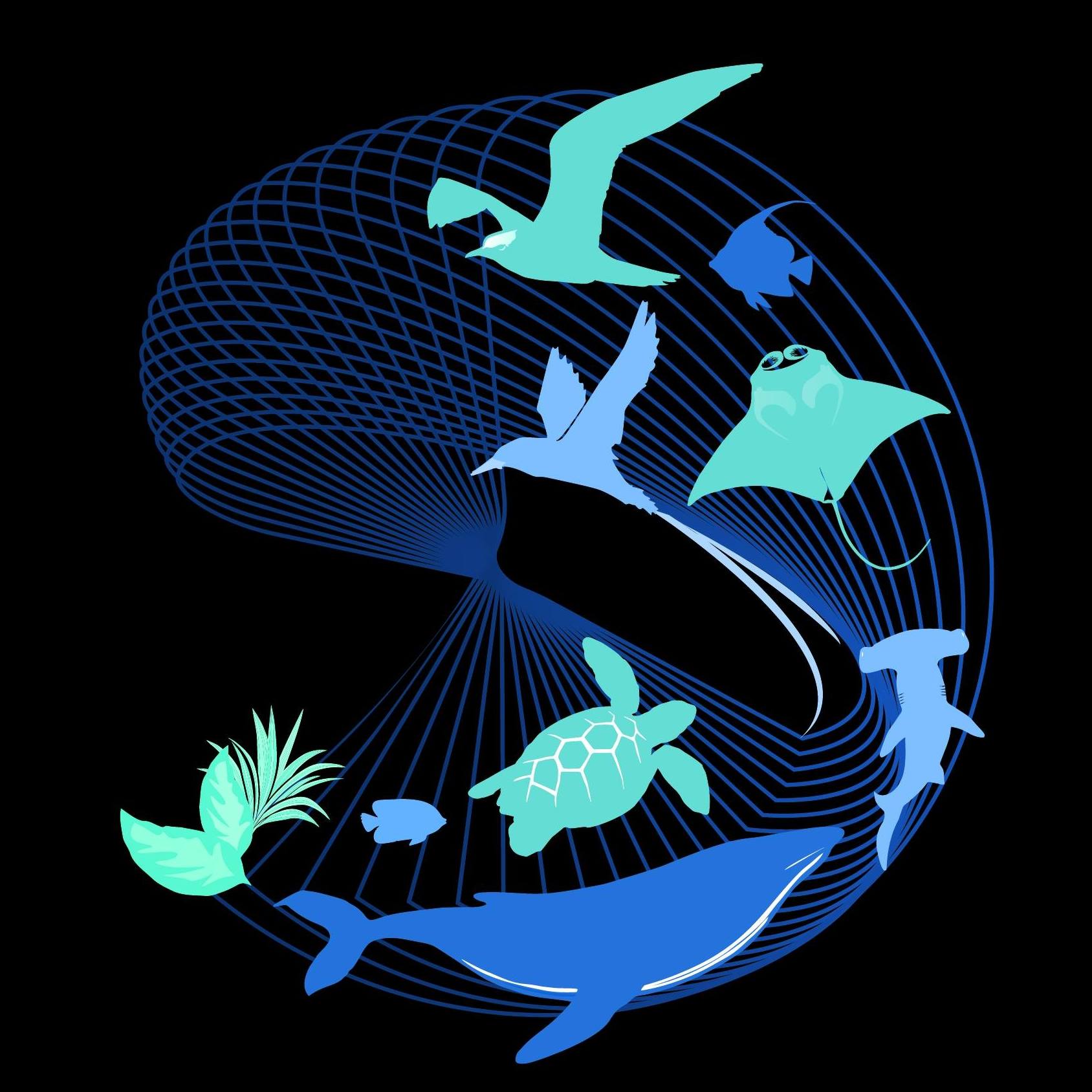Islands and their connected reefs face increasing threats from climate change. The Leaf to Reef project explores the resilience of coral reef systems to climate change using a whole ecosystem approach.
The Lady Elliot Island revegetation project is the largest reef habitat rehabilitation project of its kind in the Southern hemisphere.
It presents a unique opportunity to study how revegetation impacts downstream reef health—from leaf to reef.
Findings and insights have significance for eco-systems around the world.
Biodiversity of Lady Elliot Island
The Lady Elliot Island revegetation project is the largest reef habitat rehabilitation project of its kind in the Southern hemisphere.
It presents a unique opportunity to study how revegetation impacts downstream reef health—from leaf to reef.
Findings and insights have significance for ecosystems around the world.
Science in action
The research team conducts field trips to Lady Elliot Island three times a year to better understand the island's response to climate change. Research includes:
- Cataloguing vertebrate species with the support of submissions from citizen scientists.
- Turtle health assessments using tagging and genetic sampling.
- Manta ray studies through photo-identification, acoustic and satellite tagging. Learn more about Project Manta.
- Ground water sampling to explore links with revegetation work carried out on the island.
- Listening stations and sound traps establish the connectivity between the island and other locations to identify uncommon visitors such as the Dwarf Minke Whale.
- Bird counts to assess the size of the nesting and non-nesting bird populations and associated nutrient loads.
- Red-tailed Tropicbird studies using satellite tagging, measurement and observations of the islands six nesting pairs.
- Capricorn Silvereye research assesses the genetic variability and relatedness through genetic analysis and song recordings.
- Epaulette Shark monitoring by photographing spot patterns, taking genetic samples and measurements.
A leading team of experts
This research project is a collaborative effort between researchers from the University of the Sunshine Coast, University of Queensland, Southern Cross University, Lady Elliot Island Resort staff, Queensland Parks and Wildlife Service and the Great Barrier Reef Marine Park Authority.

UniSC researchers

Associate Professor Kathy Townsend
Associate Professor, Animal Ecology | Lead for International and Engagement | School of Science, Technology and Engineering

Dr Christine Dudgeon
Senior Research Fellow, School of Science, Technology and Engineering

Dr Dominique Potvin
Associate Professor, Animal Ecology | Lead for Diversity, Equity and Inclusion | School of Science, Technology and Engineering | Member, Centre for Bioinnovation

Asia Haines
Research Fellow, School of Science, Technology and Engineering

Associate Professor Ben Gilby
Associate Professor in Animal Ecology

Professor David Schoeman
Professor of Global-Change Ecology | School of Science, Technology and Engineering
In collaboration with
-
Dirk Erler, Southern Cross University
-
Mike Bennett, University of Queensland
-
Anthony Richardson, CSIRO/University of Queensland
-
Jason van de Merwe, Griffith University
-
Chris Roelfsema, University of Queensland
-
Peter Erskine, University of Queensland
Research students
- Caitlin Smith - PhD graduate (2024)
- Sarah Thackwray - PhD graduate (2024)
- Zerra Edgerton - Honours (2021) and PHD student
- Romney Edwards-Francis - Honours (2023) and PHD student
-
Jacinta Shackleton - Honours (2022)
-
Sophie Beutel - Honours (2024)
-
Caitlin Raine Ivey - Honours (2023)
-
Sara Perrott - Honours (2019)




